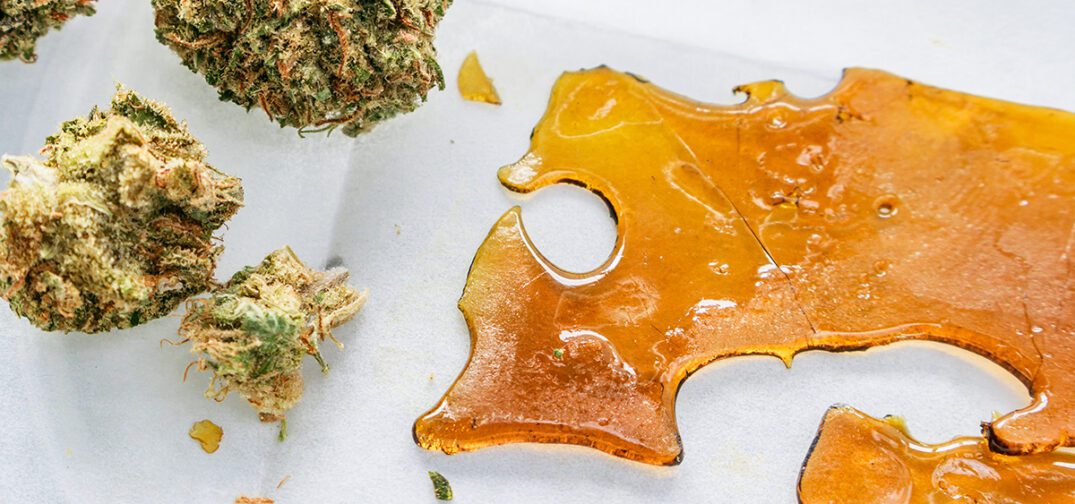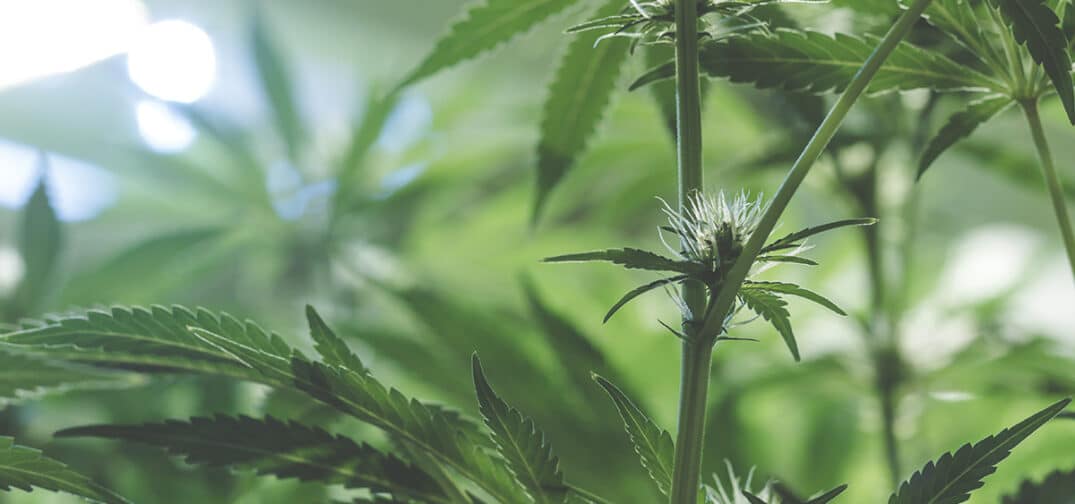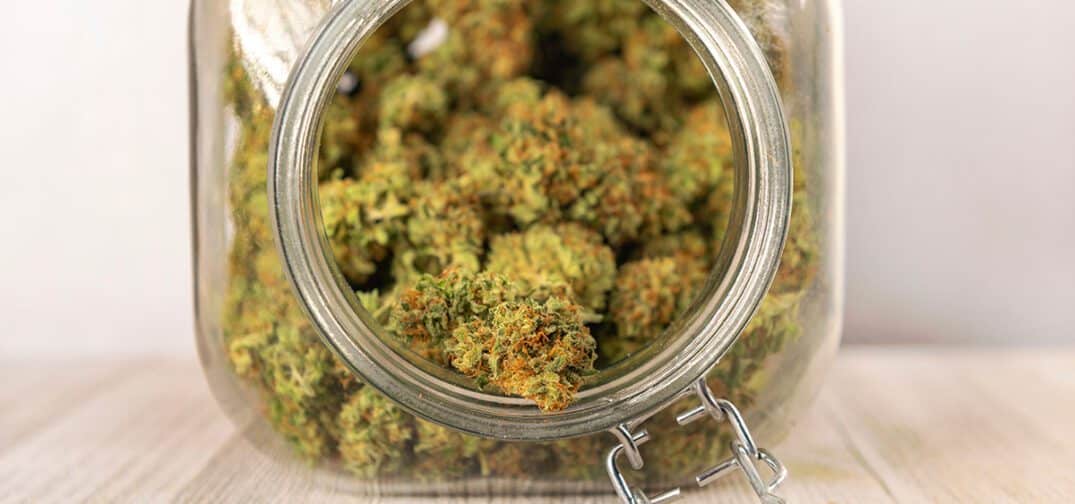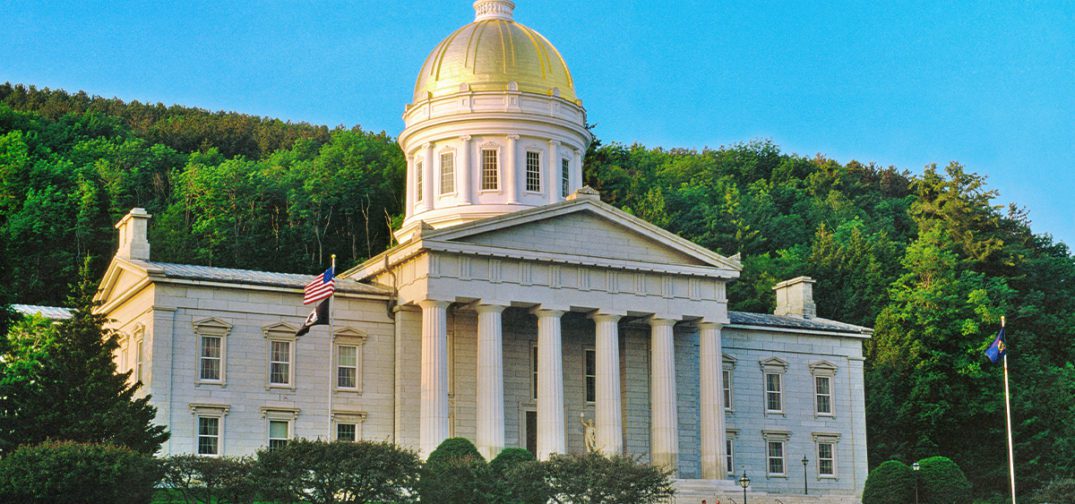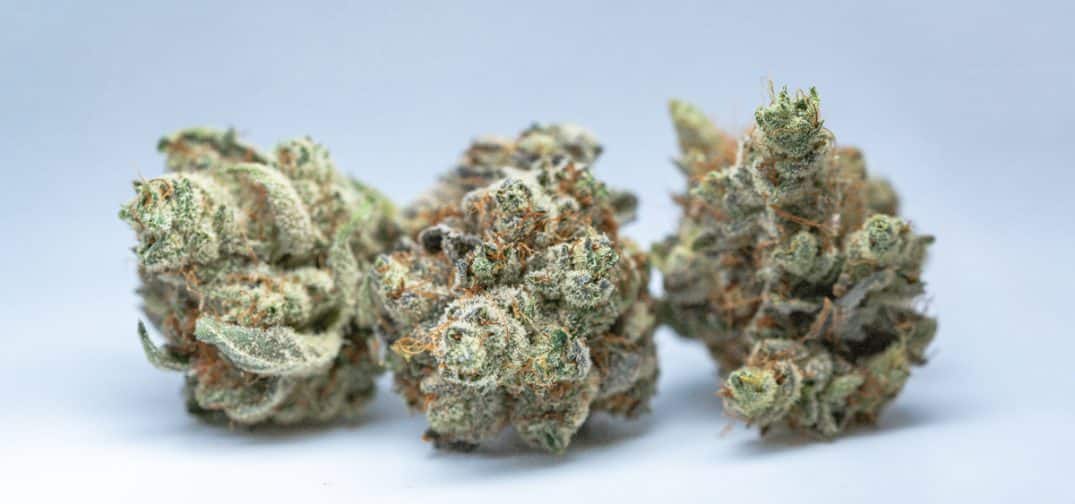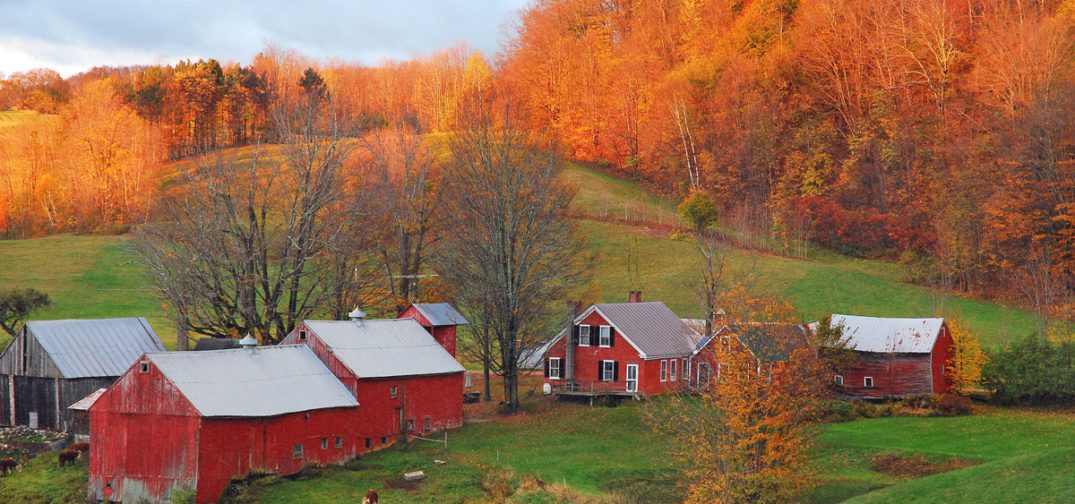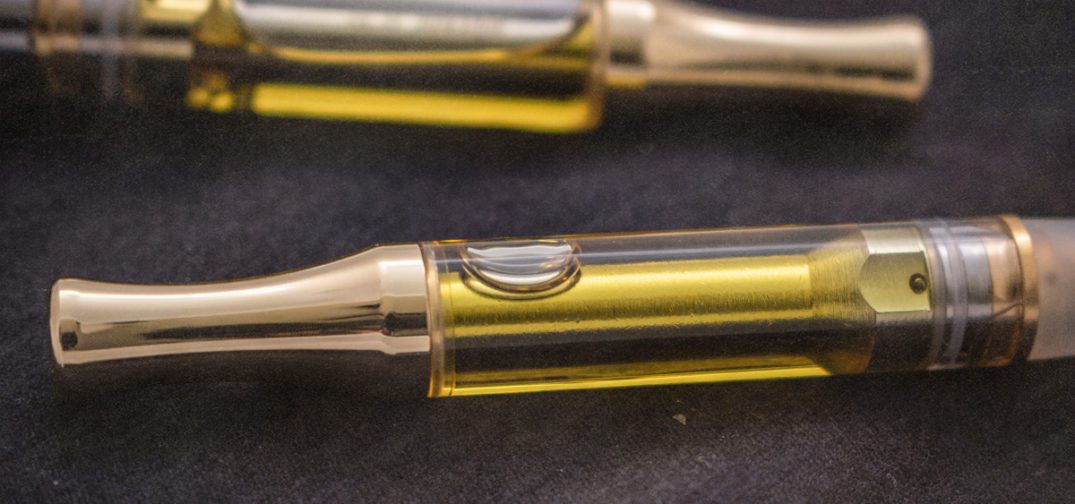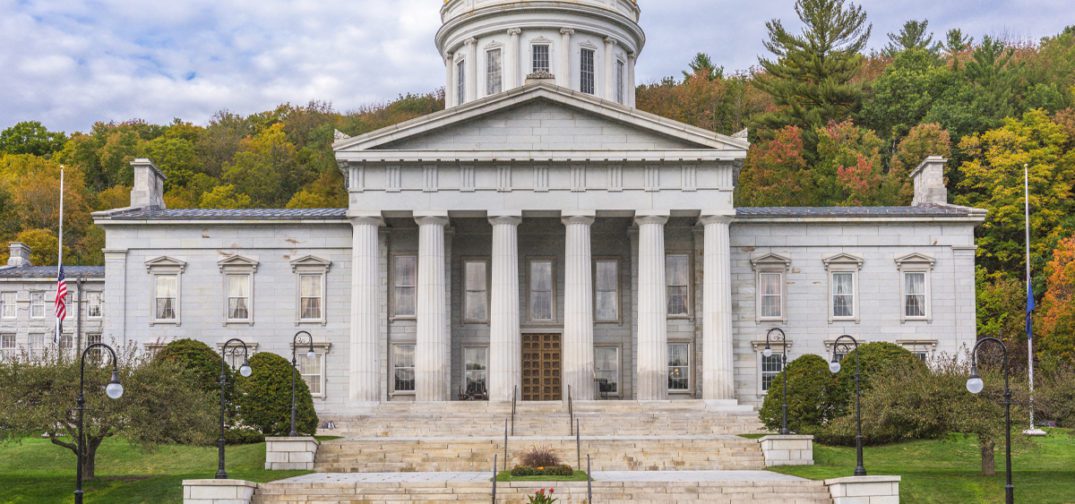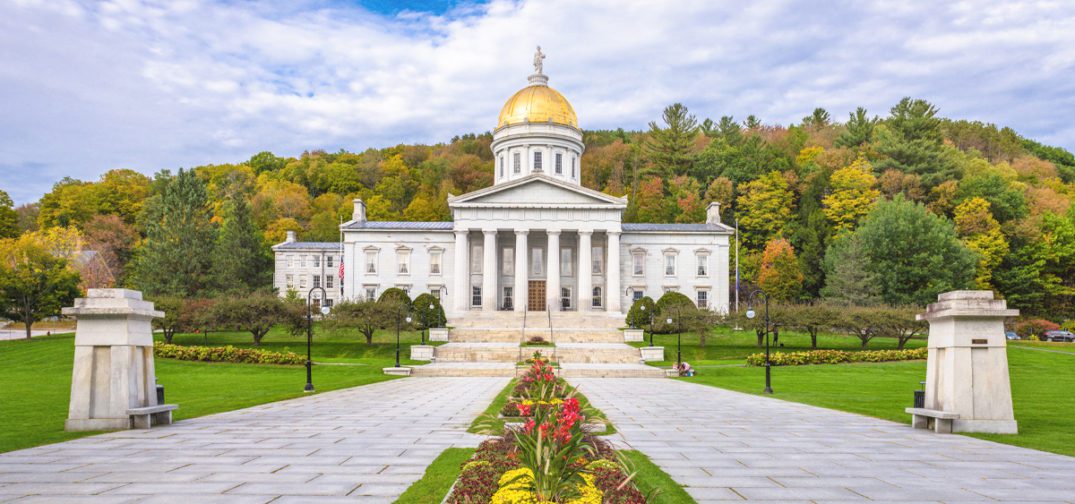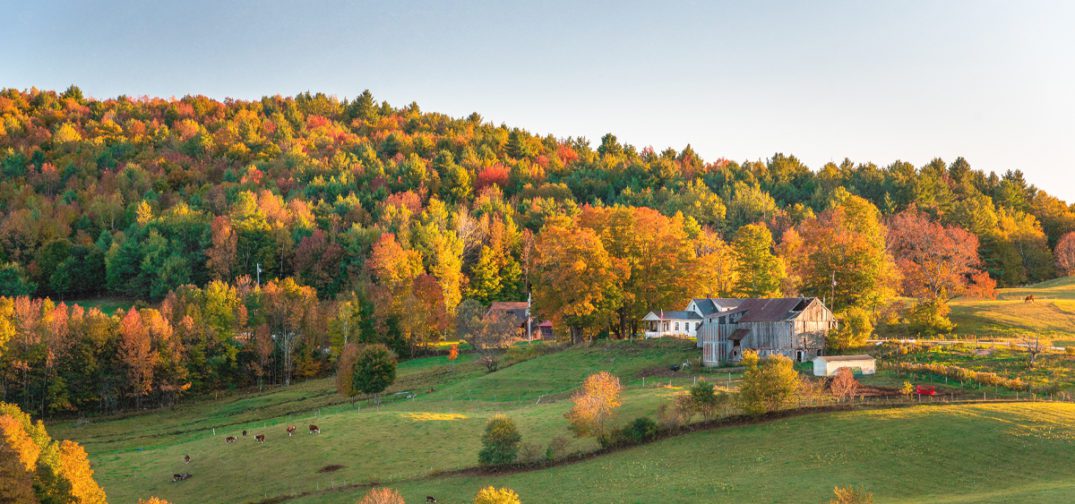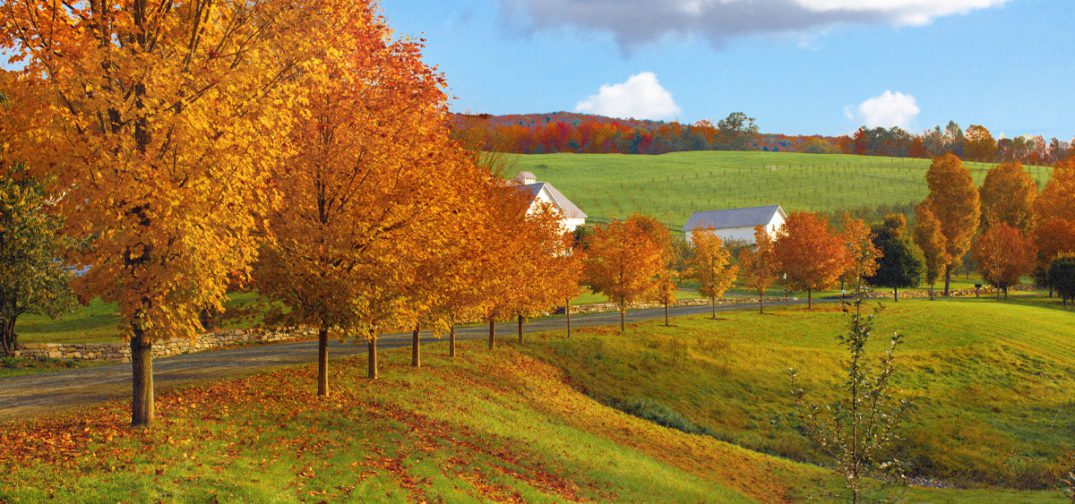As cannabis has been legalized for adult use and medical purposes in different US states, vastly different rules have been implemented in different markets, with one of the most controversial regulatory practices being the implementation of maximum THC caps and taxes based on product potency. In Vermont, a 60% THC potency cap on cannabis concentrates has been the focus of a heated policy debate within the state, with cannabis regulators calling for its removal, pointing out that other states like Washington and Colorado have opted to focus on consumer education and daily purchase limits rather than the potency of the products themselves.
In a recent report submitted to policymakers by the Vermont Department of Health, a special commission has recommended keeping those caps in place, pointing to risks associated with high-potency products. The report states: “The SMPC supports the potency cap for cannabis concentrates due to the negative public health implications of high potency THC products.”
According to the report, the Substance Misuse Prevention Oversight and Advisory Council (SMPC) is “charged with reviewing the current prevention policies and initiatives in Vermont and providing advice to the Governor and General Assembly on the prevention system throughout the state.” One key argument cited by the report is that high potency products are often to blame when children ingest cannabis accidentally, resulting in more hospital visits. The report also cited studies suggesting a link between high potency cannabis and psychosis.
A section of the report highlights a perceived increase in cannabis use by young adults over time, comparing surveys from 2017 and 2018 focused on all Vermonters over age 12, to surveys from 2020 and 2022 focused on Vermonters aged 18-25. According to the data, the 2017 and 2018 surveys showed that approximately 19% of respondents acknowledged using cannabis within the past month. The 2020 and 2022 surveys showed cannabis consumption rates of 40% for the age range 18-25.
It is worth noting, however, that these surveys’ framing criteria do not align with each other, and that other variables could be playing a significant role in the discrepancy: for example, respondents may be influenced by the current legal status of cannabis in their decision to answer surveys truthfully. As Ganjapreneur has reported extensively in the past, the legal status of cannabis can also play a role in whether or not parents are willing to bring their children to the hospital over accidental cannabis ingestion. Additionally, potency caps that focus on percentage of THC as opposed to total milligrams of THC per container do not account for the inherent differences in product types.
End
